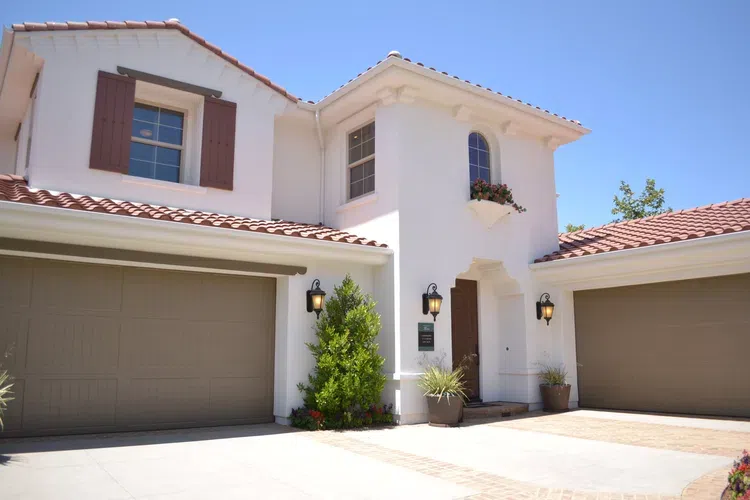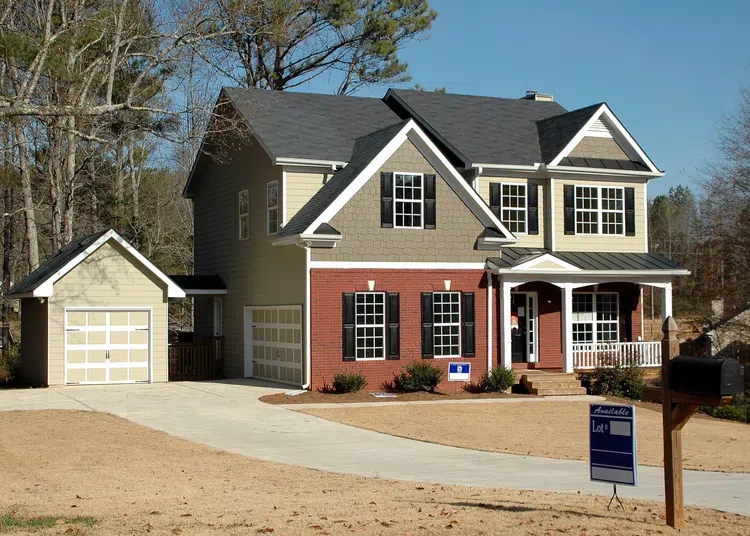Why are rents raising as fast as mortgage interest rates?
- Jan 10, 2024 by
- LendingQuarters
The rates at which rents and mortgage interest rates increase are influenced by different factors, and their relationship is not always direct or identical.
However, there are some reasons why rents may rise in parallel with mortgage interest rates:
Housing Demand and Supply: An increase in housing demand, combined with limited housing supply, can lead to higher rents and home prices. When the demand for both rental properties and homes for sale outpaces the available supply, landlords and homeowners have more negotiating power, allowing them to raise rents and list higher home prices.
Inflation and Cost of Living: Inflationary pressures affect both rental prices and mortgage interest rates. As inflation rises, the cost of living increases, and property owners may pass these higher costs onto renters. Similarly, lenders may adjust mortgage rates to account for inflation and protect their returns.
Economic Growth and Job Market: Strong economic growth and a robust job market can increase demand for housing, both for rentals and purchases. When people have stable employment and rising income, they may be more willing to pay higher rents or purchase a home, which can drive up both rental and home prices.
Interest Rates Impacting Affordability: While mortgage interest rates primarily impact homebuyers, they can indirectly affect the rental market as well. Higher interest rates can make it more expensive for potential homebuyers to finance a purchase. As a result, some people may opt to continue renting, increasing demand in the rental market and potentially pushing rents higher.
Real Estate Investors: Real estate investors play a significant role in the rental market. When they acquire properties as rental investments, their decisions are influenced by factors like potential returns on investment and borrowing costs. If mortgage rates rise, investors may face higher financing costs, leading them to adjust rental prices to maintain profitability.
Regional and Local Factors: Real estate markets are highly localized, and factors such as population growth, job opportunities, and development restrictions can impact both rents and home prices independently in different regions and cities.
It's important to note that while rents and mortgage interest rates can sometimes rise concurrently, they are influenced by various complex and interrelated factors. Additionally, the pace at which they increase can vary significantly based on economic conditions, housing market dynamics, and other external factors.
Tags:


